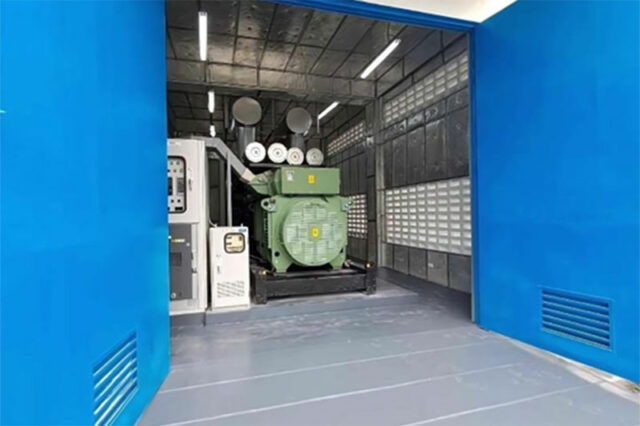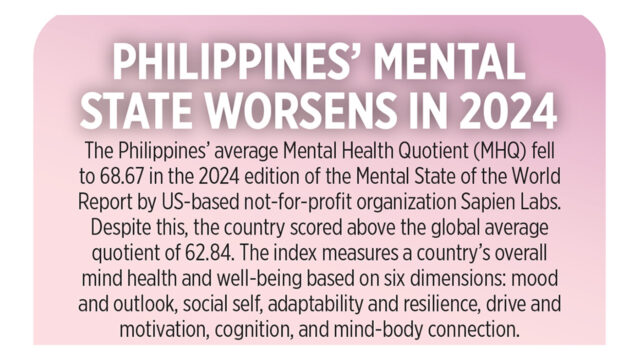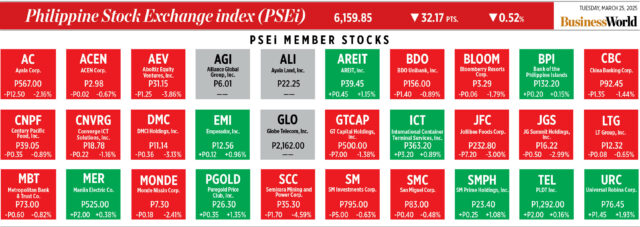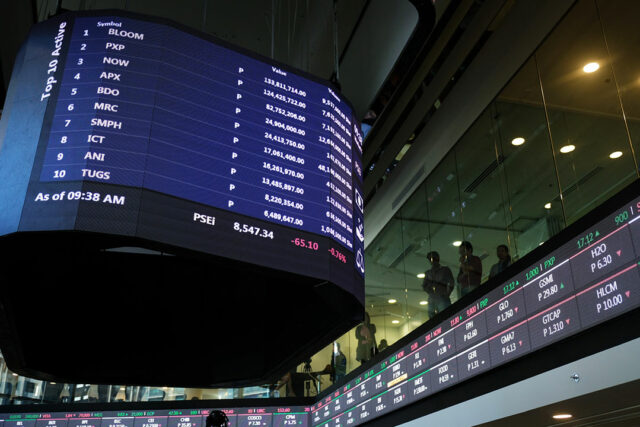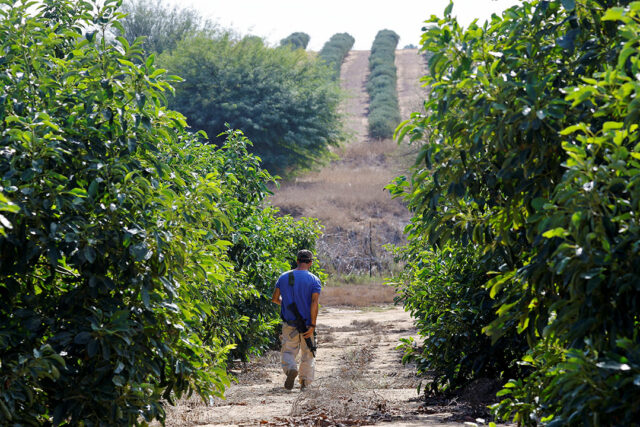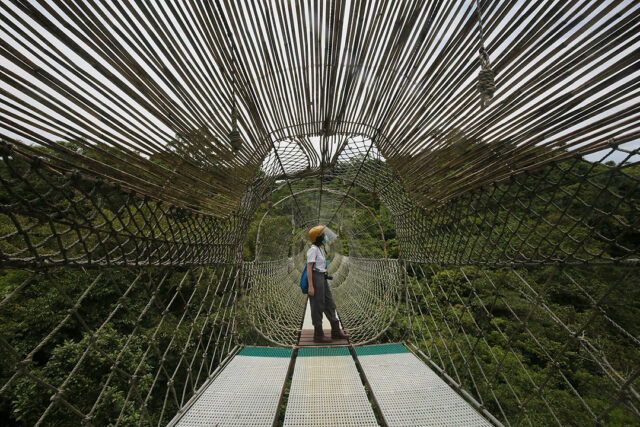In today’s tech-driven world — from remote work to electronic court filings — it was only a matter of time before notarization followed suit. On Feb. 4, the Supreme Court promulgated A.M. No. 24-10-14-SC, also known as the Rules on Electronic Notarization, a long-anticipated innovation that institutionalizes the process of notarizing electronic documents in the Philippines.
At its core, the Rules distinguish between two modes: In-Person Electronic Notarization (IEN) and Remote Electronic Notarization (REN). IEN requires the principal and the notary to be physically present together, although the document itself is in digital form. REN, on the other hand, allows the principal and witnesses to appear virtually before the notary via a videoconferencing tool integrated into an accredited Electronic Notarization Facility (ENF). This means a person in Davao can appear before a notary in Quezon City without ever leaving home.
The Rules recognize that appearing before a notary can be difficult for those with limited transportation options and individuals managing tight schedules. For instance, a professional rushing to catch an international flight from Clark International Airport can now have a document notarized electronically — no detours, no delays. Under the Rules, the Electronic Notary Public (ENP) is authorized to perform electronic notarial acts anywhere in the Philippines — a paradigm shift from the 2004 Rules on Notarial Practice, which confined notaries to act only within the territorial jurisdiction of their commissioning court. In specific cases, the principal may even be located outside the Philippines. However, it is required that they be physically present in a Philippine embassy, consulate, or honorary consulate.
SIGNING AND SECURITY
What exactly can be notarized under these Rules? An electronic document, that is any document in Portable Document Format (PDF) or PDF for Archiving (PDF/A). A scanned copy of a paper document is also an electronic document. Notably, 1.) documents with wet signatures, 2.) notarial wills, and 3.) depositions are not covered under these Rules.
Electronic documents are signed with the use of electronic signatures. Under the Rules, an electronic signature refers to the electronic representation of an individual’s wet signature. This may take the form of any distinctive mark or characteristic in electronic form that represents the identity of a person and is logically associated with the document. It may also include any method or process adopted by a person to authenticate the document.
More advanced forms of electronic signatures include digital signatures, which transform the electronic document using a cryptographic key. This allows others to verify whether the signature was created using the signer’s private key and whether the document has been altered. There is also the concept of a secure electronic signature, which is created and verified through a combination of security procedures to ensure that the signature is unique to the signer, objectively identifies them, and is linked to the document in such a way that any tampering becomes evident.
The ENP has clear responsibilities under both IEN and REN. In either case, the ENP must confirm the principal’s identity, examine the voluntariness of their act, and ensure that the document being notarized is the one acknowledged or affirmed. The notarial act concludes with the ENP affixing an electronic notarial certificate, their electronic signature, and a digital notarial seal that includes a barcode or QR code for authentication.
GOVERNANCE, RECORDS, AND THE ROAD AHEAD
Notably, the Rules introduce separate commissions for traditional and electronic notaries. Being commissioned as a notary public does not automatically authorize one to perform electronic notarization. Lawyers must apply separately, undergo a virtual summary hearing, and secure certification from an accredited ENF provider.
The framework also emphasizes record-keeping through an Electronic Notarial Book, integrated into the ENF. During the transitional period, ENPs are required to send copies of notarized documents and notarial entries to the Electronic Notary Administrator (ENA). Eventually, these records will be automatically uploaded to a Supreme Court Central Notarial Database.
Confidentiality and privacy are of paramount importance. The Rules contain strict provisions prohibiting ENPs from disclosing the contents of notarized documents, except when compelled by law or by order of a competent court. At the same time, ENPs and ENFs must provide access to data when legally mandated, in accordance with the Data Privacy Act of 2012.
The Rules mark a major step forward, though challenges remain — such as achieving compliance, building trust in digital systems, and maintaining accessibility. Still, as legal processes go digital, e-notarization moves the profession toward a more modern, efficient, and inclusive system.
The views and opinions expressed in this article are those of the author. This article is for general informational and educational purposes only and not offered as and does not constitute legal advice or legal opinion.
Daniel Cornelio R. Patron is an associate of the Litigation and Dispute Resolution department of the Angara Abello Concepcion Regala & Cruz Law Offices (ACCRALAW).
(632) 8830-8000
drpatron@accralaw.com

